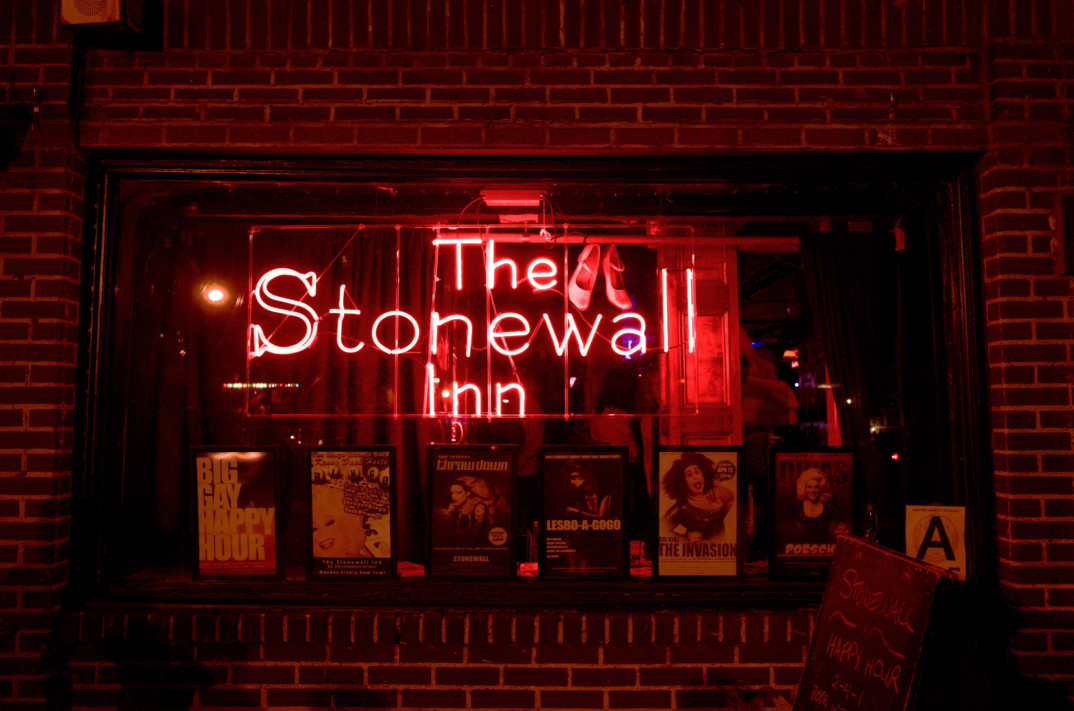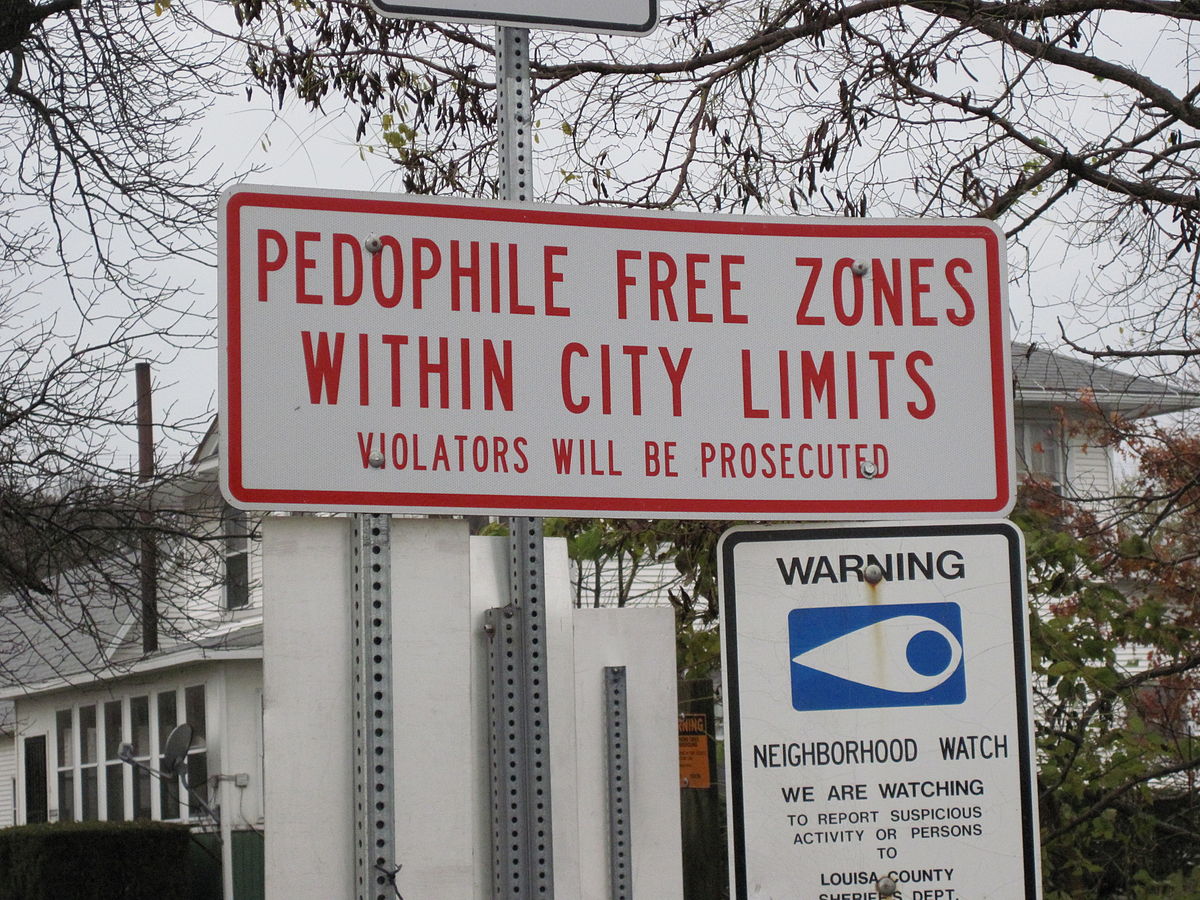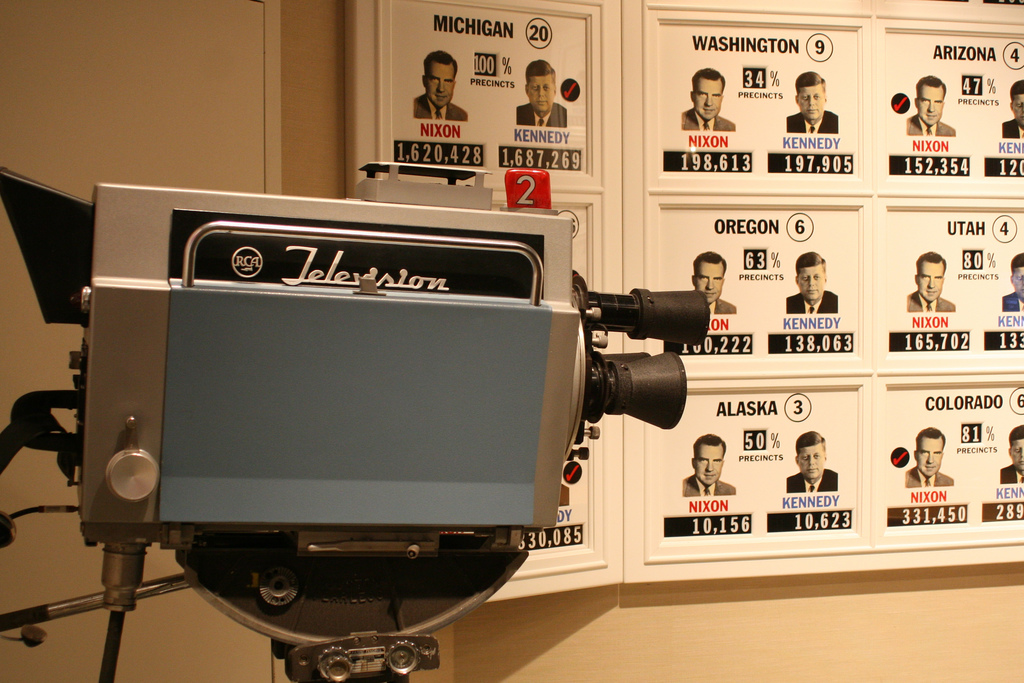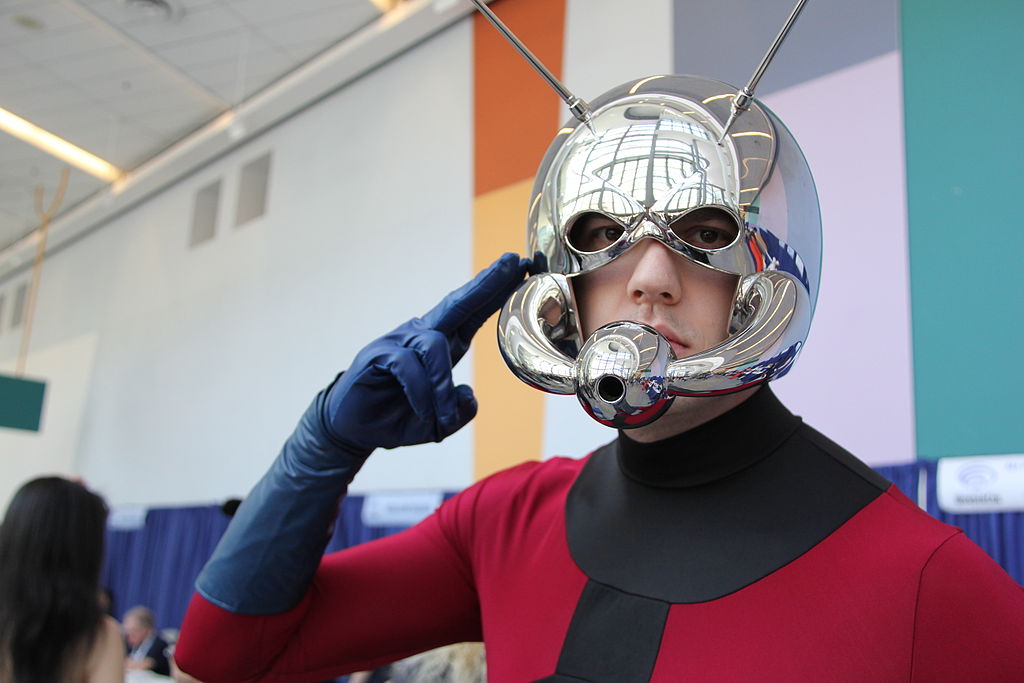If you move to California these days, as I did a few months ago, the jokes about bringing your own water along will be abundant. Of course, access to clean water is no laughing matter – water is one of the only specific things, along with oxygen, that literally every human requires for life. Like most public policy issues, the California water situation is much more complex than you might have first heard; it’s hard even to figure out who exactly is at fault.
No, we’re not experiencing a drought just because people have munched too many water-loving almonds, or even because of climate change – California has often experienced drought cycles historically. Water rights in the west are divided up in some legacy finders-keepers manner, based on the order in which settlers of different areas claimed them. More recent attempts to clarify who got which water failed due to inaccurate measurements of a cyclical supply, and because they didn’t take ordinary natural fluctuations in supply into account. Most importantly, California is a net importer of water, a situation which only heightens as it grows more food and houses more people.
Unfortunately, water management has ultimately been more hampered by the unfree market for water in California than improved by government’s interferences so far. Although citizens of California have been bribed and strong-armed into reducing water consumption, this is more symbolic than anything because agricultural purposes account for much more of the state’s water usage. And it’s not the dietary decadence of Californians that creates the problem either (although we really do eat avocado on everything) – California largely feeds the country, and makes up for states that house people but which aren’t suitable for producing many foods.
The most reasonable way forward is to increase the extent to which water is market priced (gradually, if necessary). Market prices for water encourage responsible consumption, force inevitable trade-offs between water-requiring activities, and properly stimulate the good stewardship of existing water and production of new usable water sources by those relevantly positioned. Market prices for water also trickle down (pun intended) through other industries, resulting in more accurately priced goods, like meat, and services, like lawn care.
When water is underpriced and everyone can effectively use as much as she likes, no one is forced to exercise any restraint – until the well starts running dry. In any case, there is no returning to some pre-political state from which we can re-divide up the water in a fair manner, once and for all. Every process for doing so (from dictatorial fiat to popular vote) would introduce deep new moral questions without ready answers.
Forward-looking considerations matter deeply, too: helping citizens today at the expense of harming citizens tomorrow is no morally-neutral choice. Political processes are also bad at managing water in a forward-looking manner, because politicians need votes today, so tough choices get deferred for literally as long as possible. But perhaps the situation is now dire enough to force some real action, like significant local and regional moves towards market-priced water. Many California homes and businesses don’t even have water meters, but those will be required by 2025, allowing for the tracking and pricing of specific entities’ usage.
Some harms associated with a switch to market pricing for water can be defrayed by government action at the margins. For those truly in need, water stamps could fulfill a similar purpose as food stamps, or an annual tax credit could be offered to individuals and families based on the baseline water usage a household of their size would be expected to purchase. One California city that began market pricing its water helps residents to smooth their bills month-to-month and conducts audits to help homeowners look for inefficiencies.
Less effective government programs, like tax credits for high-efficiency appliances, could be phased out, because when water’s market priced the incentive to use less for daily chores is built right into the appliance purchase. Authorities would only need to patrol for actual market-priced water theft (like connecting your hose to your neighbor’s pipes) which is a much smaller job as compared to preventing unauthorized usage and waste of water (like people watering lawns in the middle of the night during attempted bans). When water is the right price, water-intensive industries try hard to reduce their needs so demand doesn’t plummet for their products –indeed, market-priced water could even hasten the development of lab-grown (less water-intensive) meat.
No one wants to pay for something that used to feel free, or that was artificially cheap. But charging for water is the only way to distribute the existing supplies in anything close to a rational manner, and for ensuring that innovations in water sourcing can take place before it’s too late. Strangely enough, market pricing means the desires of distasteful Californians wishing to heavily water large lawns in the middle of the drought can be channeled for good instead of for evil. When they’re not wasting water, but buying it, big water users (and water bottling operations) can subsidize the research and development that will bring more sustainable water to their communities in the future.











